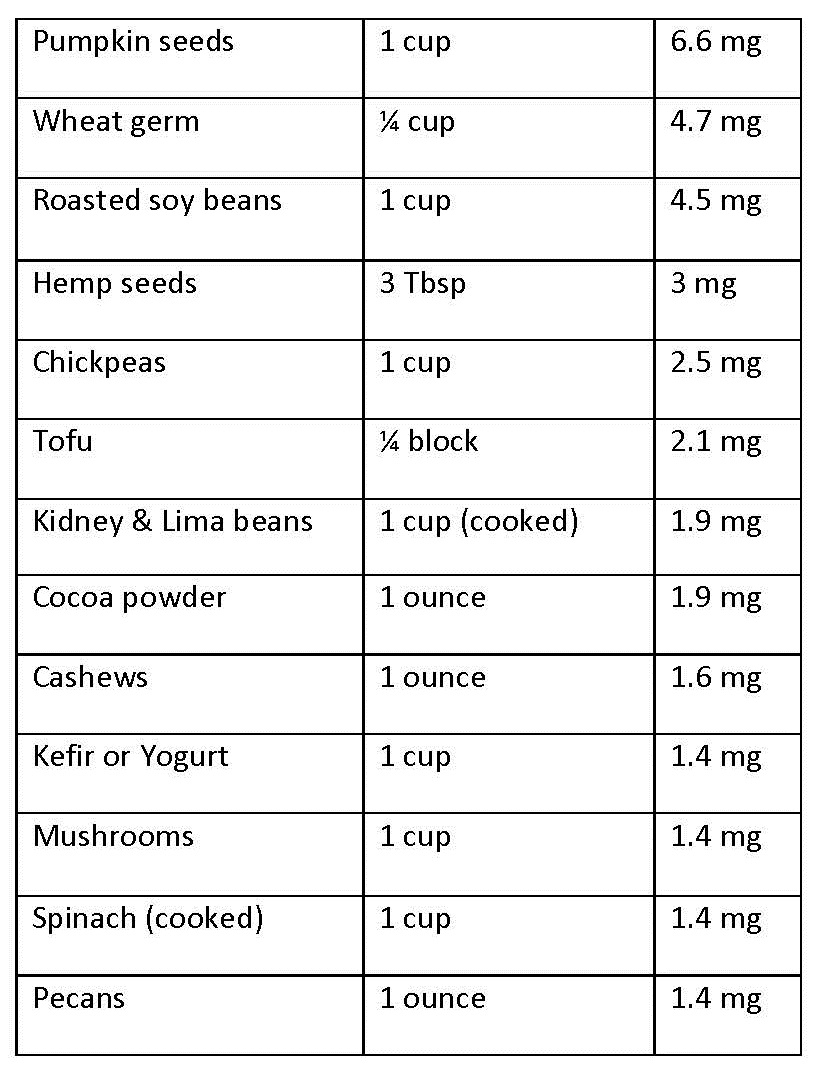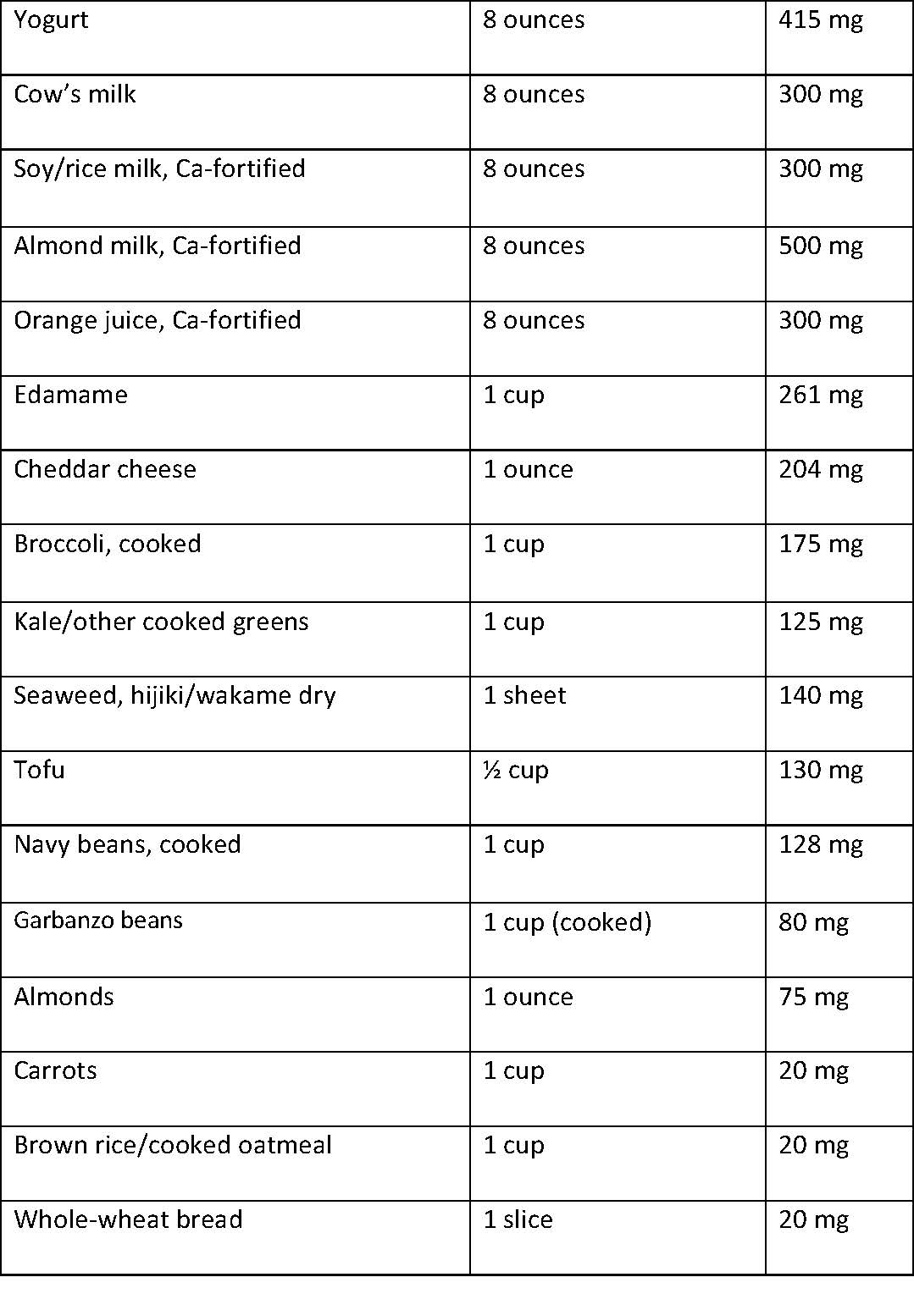Over 7 million people, 3-4% of the US population follow a vegetarian eating plan, and 1 million of those are vegan. Vegetarians eat foods that are grown or produced, including dairy products and eggs, while vegans avoid all dairy and egg products as well. Both avoid all sources of fish, poultry, and meat.
A vegetarian and/or vegan diet can be a super healthy lifestyle. Nearly 80% of pesticides in the American food supply come from meat, poultry, and dairy products, so avoiding them reduces your risk for toxins. (For omnivores, this makes it essential to choose grass-fed, organically raised, and/or wild protein options, something a vegetarian doesn’t need to worry about.)
When done properly, a vegetarian eating plan is loaded with fiber from vegetables, fruits, beans, and nuts, and these sources of foods are very rich in vitamins and minerals. Commonly the #1 nutrient we all need more of, is fiber, and eating more vegetarian meals is an easy way to achieve this.
A poor vegetarian eating plan could include cheese pizza, white rice, ice cream, and pasta—but without the necessary vegetables, fruit, beans, and nuts. This plan would be grossly nutritionally deficient, and it just goes to show that if you eat mostly processed foods, whether you are vegetarian or not, your nutrient needs won’t be met.
Vegetarians and vegans need to be careful to meet some specific nutrient needs, because if their diet isn’t organized properly, they end up becoming deficient. Fortunately, with just a bit of planning, it’s easy to meet these needs. These specific nutrients include:
- Vitamin B12
- Long chain omega-3 fats
- Zinc
- Vitamin D
- Calcium
- Sulfur-based amino acids
I’ll address each in a moment, but first let me address a couple myths that are NOT common deficiencies in vegetarians, in particular protein and iron. It is pretty easy to achieve adequate protein intake without ever eating animal protein. A vegetarian has it easier, as yogurt, milk, and eggs are solid sources of protein. Yet you can also get plenty of protein from beans, soy products, quinoa, and many other grains that are rich in protein. If you are open to adding a protein shake each day, either whey protein (dairy) or rice-pea-potato protein (dairy-free), it will be even easier to meet your daily protein requirements.
Many plant foods are rich in iron, in particular beans, soy products, whole grains, and many nuts and seeds. It is a myth that vegetarians have a higher rate of being anemic than people who eat animal protein.
Vitamin B12:
B12 is a critical nutrient involved in producing energy, especially for the nervous system. A vitamin B12 deficiency can cause permanent, irreversible neurological harm, such as peripheral neuropathy or memory loss.
Vitamin B12 in naturally found in animal products, including fish, meat, poultry, and dairy products and is not generally present in plant foods. Over the last 100,000 years, we also got substantial vitamin B12 from unintentionally consuming dirt, as dirt contains soil microbes that produce vitamin B12. But in today’s world, dirt consumption is at an all-time low.
The easiest way for a vegetarian to ensure adequate vitamin B12 intake is to take a good quality multivitamin daily. Most common supplements only provide the minimal B12 dosage, 2-10 mcg daily, which is not adequate for some people. I recommend at least 50-100 mcg of vitamin B12 daily, and the supplements we provide in our medical clinic have 400 to 500 mcg of vitamin B12 daily. Be aware that vitamin B12 comes in two primary forms, methylcobalamin and cyanocobalamin. Methylcobalamin is better absorbed, and does not contain a trace quantity of cyanide, I prefer it, but both are acceptable forms.
If you are following a strict vegetarian or vegan diet, do have your medical doctor check your vitamin B12 level periodically to ensure that your gut is absorbing the vitamin B12 that you are taking (there are various factors that can impede absorption).
Long Chain Omega-3 Fats (commonly called fish oil):
Long-chain omega-3 fats are essential for healthy brain function. They also lower inflammation and protect your heart. These fats only come from seafood (fish, shellfish, and seaweed). Medium chain omega-3 fats come from soy products, flax seed, and other plant sources, and although these are clearly healthy foods, they don’t provide the same benefits of long chain omega-3 fats. Less than 7% of medium chain omega-3 fats are converted to long chain omega-3 fats after we ingest them.
If you are vegetarian, the best ways to ensure that you meet your long-chain omega-3 fat needs is to eat seaweed daily, such as a seaweed salad. More convenient would be to take a DHA supplement that is extracted from seaweed. Aim for 500 mg of DHA daily.
Zinc:
Zinc is an essential nutrient that impacts hundreds of enzymatic reactions in your body, and is needed for antioxidant balance, wound healing, immune function, and blood sugar control. There is actually ample zinc in a balanced vegetarian diet. The only issue is that many fiber rich foods block zinc absorption, so you need more than the minimum to meet your real zinc needs. The RDA suggests 8 mg for women and 11 mg for men, but in light of decreased absorption on a vegetarian diet, I suggest that you aim for at least 15 mg of zinc daily. You can safely consume up to 25 to 50 mg daily.
An easy way to help meet your zinc needs is to take a multivitamin with zinc. Look for zinc bisglycinate (protein-bound, well absorbed and gentle on your stomach). Avoid zinc oxide if you can, as oxides can cause gastro-intestinal problems.
Vegetarian sources of zinc include:


Trackbacks/Pingbacks